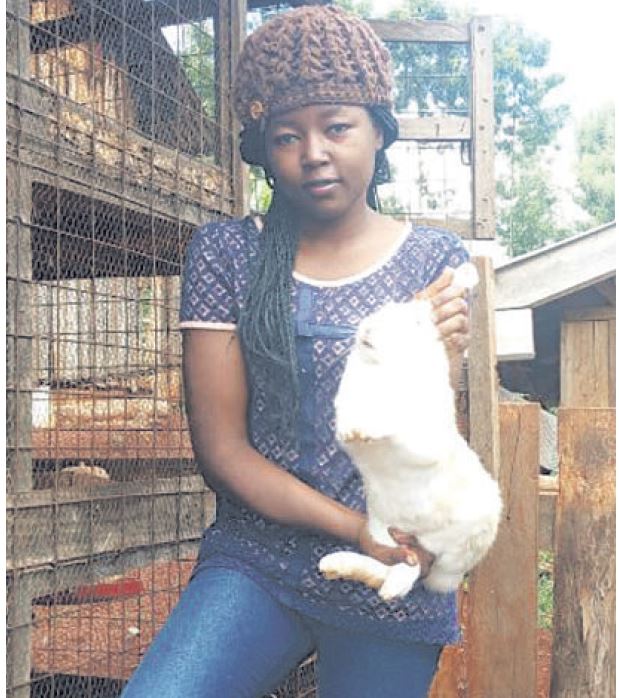×
The Standard e-Paper
Kenya’s Boldest Voice

Rabbit keeping was initially perceived as an activity for young boys. However, perception is currently gradually vanishing.
Now, even young ladies are engaging themselves in rabbit rearing, which has turned out to be a lucrative venture.